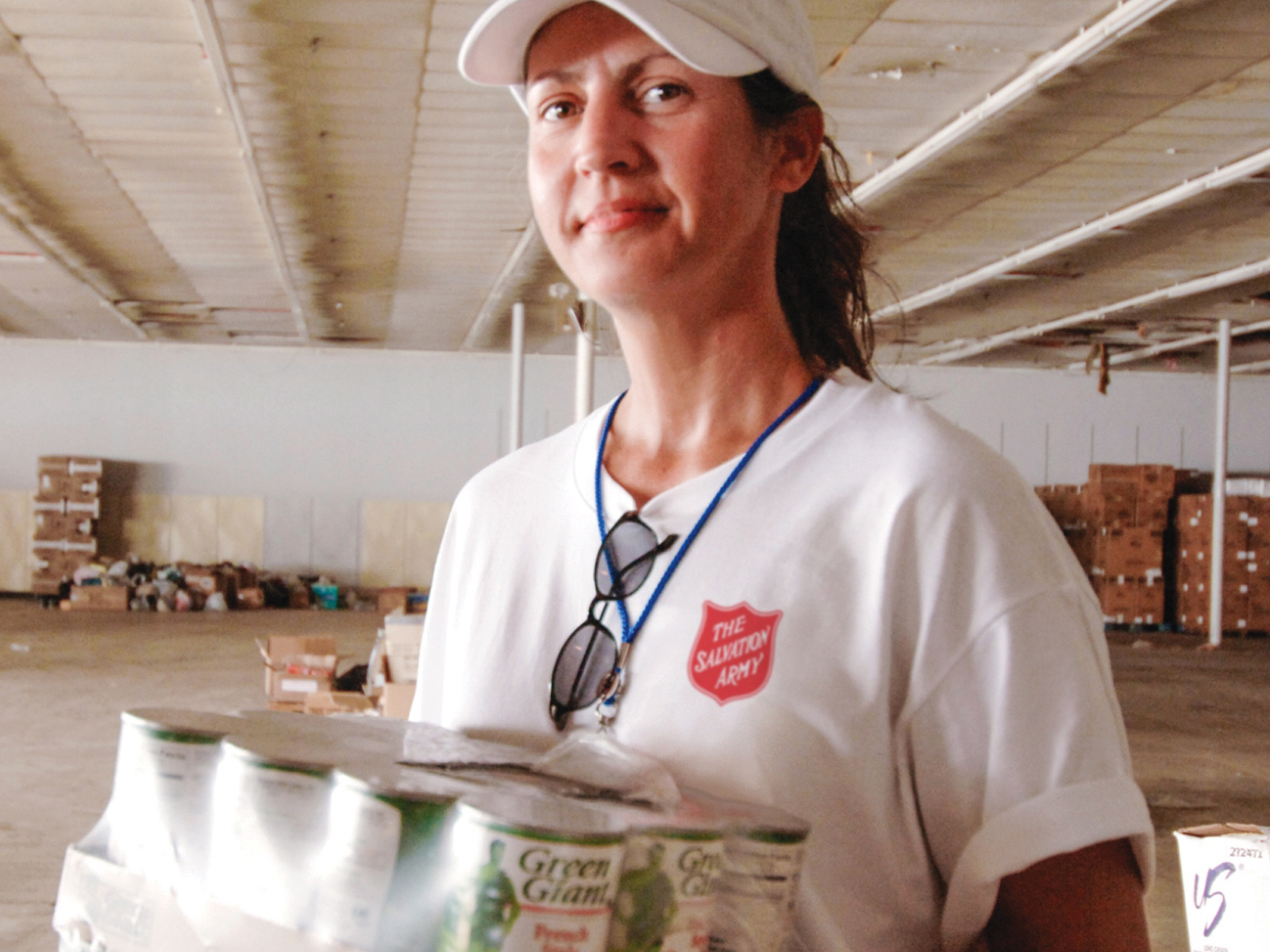Roger Wong died from a fentanyl overdose in a downtown parking lot. “That was the moment my life ended,” says his mom Irene Patterson, who is one of more than 500 mothers and families who have lost loved ones to substance use and are sending letters and pictures to Prime Minister Justin Trudeau, inscribed with ‘Somebody’s someone’ on the back.
It is part of an effort to raise awareness of drug use, increase compassion instead of judgement and ask for more resources to fight addiction. Certainly, with eight Canadians dying each day as a result of opioid poisoning, it is timely.
The campaign group, called “Moms Stop The Harm,” is attempting to put a compassionate, human face on the crisis. They hope to reduce the stigma associated with drug use and build awareness of Canada’s opioid crisis. In an interview with CBC, Tara Gomes, a drug policy scientist at St. Michael’s Hospital, has said that “governments are starting to understand this as a mental health issue and not a shortfall in some people’s lives,” and described this initiative as an “important and brave” step.
The biggest hurdle in battling the crisis, says Gomes, is stigma. “A lot of people are not appreciating that everyone who dies leaves behind friends and family members,” she says. “They have parents, they have children. It doesn’t just impact their lives, it affects all of our society.”
Another concern is that any law maker responding to the crisis must deal with two different but overlapping issues: Death from illicit drugs cut with fentanyl, and death by opioid poisoning from prescription painkillers. Years of overprescribing painkillers means overdose victims are as likely to be as addicted to oxycodone and hydromorphone as they are to fentanyl-laced heroin. There is no single good solution but, with rising casualties, the situation needs addressing.
Gomes has called for increased education, supervised injection sites and controlled substance use to be provided with compassion and respect. As of March 2017, the Canadian Institute for Health Information reported 5,670 hospital admissions as a result of opioid poisoning, excluding patients treated as emergencies or at home. But without a way to actively combat the problem, doctors’ hands are tied. What is key, says Gomes, is for health professionals to acknowledge the crisis. Only then can we start working on a solution.
Sadly, it is too late for Patterson’s son. “Roger’s gone,” she says, “and
there is nothing I can do to bring him back but together, we can help someone else’s someone.”
Caroline Tapp-McDougall, Publisher
caroline@bcsgroup.com













